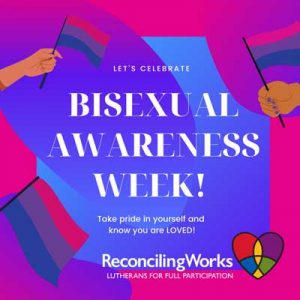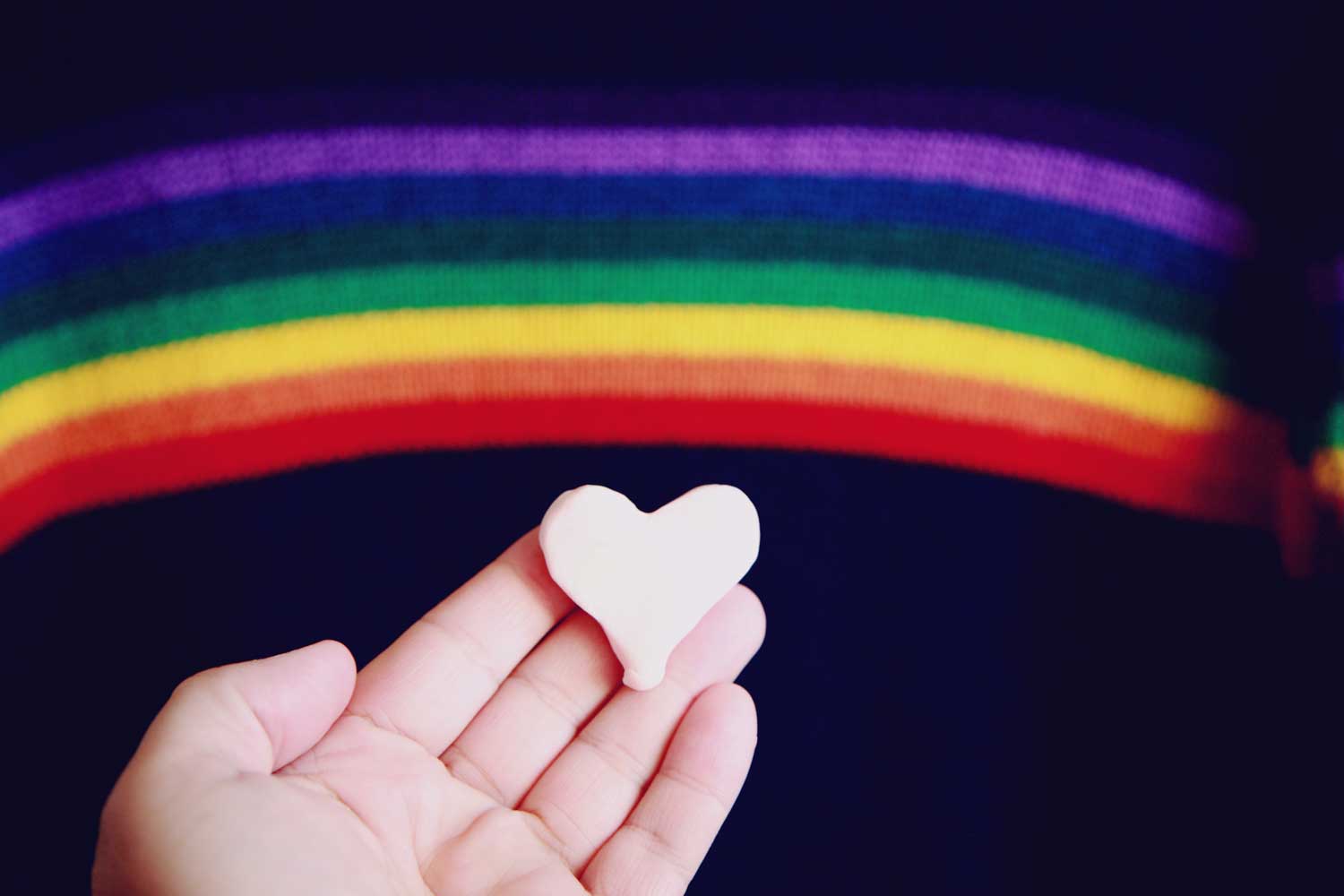This blog is, by far, the most difficult thing I have ever written. The topic is sensitive, and some may question why I would write something that scares me so. My only answer is God. I’ve had many sleepless nights lately with thoughts and ideas circulating inside my head. And I want you to hear them.
The ELCA adopted a statement on Human Sexuality at the Churchwide Assembly in Minneapolis in 2009. It “provides guidance on key matters, such as marriage, family, same-gender relationships, protection of children and youth, sexuality and the self, sexual intimacy, and cohabitation.”
Adoption of the statement caused a divide within our church so deep that many congregations and people left the ELCA. But it was the right thing to do.
Have ELCA congregations accepted this statement? Has Women of the ELCA? If so, why am I so afraid to identify myself?
We must do better
As the church and as individuals, we must do better. I have heard so many people say they accept the LGBTQIA+ community. I have listened to several positive statements by people who acknowledge they have family in the community who they love and support. However, some of those very same people make spiteful remarks or turn away from members of the LGBTQIA+ community. They are accepting of and loving to someone they have a relationship with, but not with strangers in the same community.
I have seen several potential members of my community be turned off or turned away because church members aren’t committed to the statement’s words. How can people say they support the Transgender community, but refuse to use the preferred pronouns of those in the community? How can people claim to be okay with LGBTQIA+ relationships, yet ask those in same-sex relationships to limit public displays of affection?
Again, I say, we must do better. Show your friends, neighbors, and fellow siblings in Christ that you do love and accept them as they are, just as you love yourself. Open yourself up to honest, possibly uncomfortable conversations with people of the LGBTQIA+ community. Listen to what they—we–have to say, to how we feel. See us as fellow human beings and give us the same respect that you give others.
Research and learn
 Be willing to be in community with us. Take note of how you speak. The language you use can affect us. Do some research. Check out sites like Reconciling Works: Lutherans for Full Participation.
Be willing to be in community with us. Take note of how you speak. The language you use can affect us. Do some research. Check out sites like Reconciling Works: Lutherans for Full Participation.
I have not personally experienced any criticism or hate for my bisexuality. I have been involved in many congregations and never been cast aside or thrown out. What’s my secret? Simple. I’m not out. I have not gone public with my bisexual identity because I fear for the safety and well-being of my family.
I’m married to an amazing man who has given me three gorgeous children. Who I am and how I identify does not change the nature of our committed relationship. Yet, going public with my bisexual identity could have adverse effects. My husband could lose his job because he works for a church. We could lose our home.
Why should I be afraid of being who I am? Why should I be scared of losing my livelihood and church family because I am bisexual?
Perhaps coming out with my story could help you understand others in the LGBTQIA+ community. I’ll keep working on my courage and strength, and I hope you will too. Until then, I leave you with this: “Love your neighbor as yourself. Love does no harm to a neighbor; therefore, love is the fulfilling of the law.” (Romans 13:9-10).
Today’s blogger prefers to remain anonymous for now. Photo by Sharon McCutcheon on Unsplash
What, if anything, has your congregation has done to welcome the LGBTQIA+ community?

Our family is a LGBTQIA family. I understand your fear. But our family is out in a small rural community. I understand why you are not. My husband has lost business from his small weekly newspaper. I needed to talk to my employer. But our kiddos asked us to be out to teach our community and it worked. There are still those who choose hate but on the whole we are a much more welcoming community. But it is not easy. We need straight allies to speak and act in love….just love!